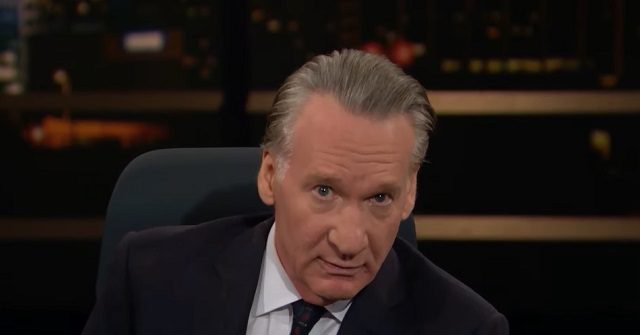On a recent episode of HBO’s “Real Time,” host Bill Maher expressed strong opinions regarding the California Coastal Commission’s rejection of SpaceX’s proposal to increase rocket launches from Vandenberg Space Force Base. Maher criticized the Commission for citing CEO Elon Musk’s political beliefs in their decision, arguing that the body demonstrated an arrogant stance towards free speech. He posited that the current political climate has shifted perceptions of free speech, especially among the left, which he feels is increasingly willing to suppress freedoms in the name of safety, misinformation, or an assertion of power. Maher’s comments shed light on a broader concern about how political beliefs can influence regulatory decisions, particularly when it comes to innovative enterprises like SpaceX.
Musk’s legal actions against the Commission were also highlighted during the broadcast. Maher framed Musk’s complaints as legitimate, particularly given the context of his significant contributions to American innovation through his companies. Maher expressed frustration at the bureaucratic decision that halted Musk’s expansion efforts, which he believed was prompted by the CEO’s outspoken political views, especially as he became more involved in the presidential race. Maher suggested that penalizing a prominent business leader for their political stance is not only unfair but also contradictory to the principles of free speech, likening the situation to denying automotive innovation based on personal biases towards a company’s founder.
Mark Cuban, co-founder of Mark Cuban Cost Plus Drug Company, joined the conversation, echoing Maher’s critiques of the Commission’s actions but emphasizing that such instances reflect isolated foolishness rather than systemic issues. However, Maher countered that the decision derived from a position of authority rather than mere stupidity, indicating a troubling trend where officials wield their power in ways that inhibit freedom of speech. This dialogue between Maher and Cuban illuminated the tension between individual rights and bureaucratic authority, especially in a time where business leaders’ political influence is increasingly scrutinized.
As the discussion transitioned, Maher broadened his critique to encompass a cultural mindset that stifles freedoms in the pursuit of safety or moral correctness. He argued that this attitude is prevalent across political divides and is not exclusive to one side of the aisle. Maher’s assertion that this proclivity to suppress dissenting views is dangerous echoes concerns over a declining free speech culture in modern discourse, as people are often hesitant to engage with controversial ideas for fear of backlash. This growing trend of prioritizing safety over open dialogue raises questions about the future of political and social discourse in a democratic society.
Mark Cuban interjected with his viewpoint, describing Elon Musk as a hypocrite regarding his free speech advocacy, especially given Musk’s silence on issues related to threats to free speech from notable political figures such as former President Donald Trump. Maher concurred, suggesting that when people champion free speech, it often applies selectively to those they support. The conversation underscored a disconnect in the public debate around freedom of expression, revealing how political favoritism can condition perceptions of what constitutes free speech and who deserves its protection.
In conclusion, the exchange on “Real Time” encapsulates a critical dialogue on free speech, bureaucratic power, and the intersection of politics and innovation. The rejection of SpaceX’s launch proposal by the California Coastal Commission serves as a microcosm of broader societal concerns regarding the limits of free speech and the role of government in regulating enterprise based on personal beliefs. By engaging in these discussions, Maher and Cuban illuminate a crucial discourse on the need for balance between individual freedoms and institutional authority, emphasizing the importance of safeguarding free expression amidst an increasingly polarized political landscape. Such conversations are vital in fostering a rich and open democratic dialogue, essential for navigating the challenges of the contemporary world.

